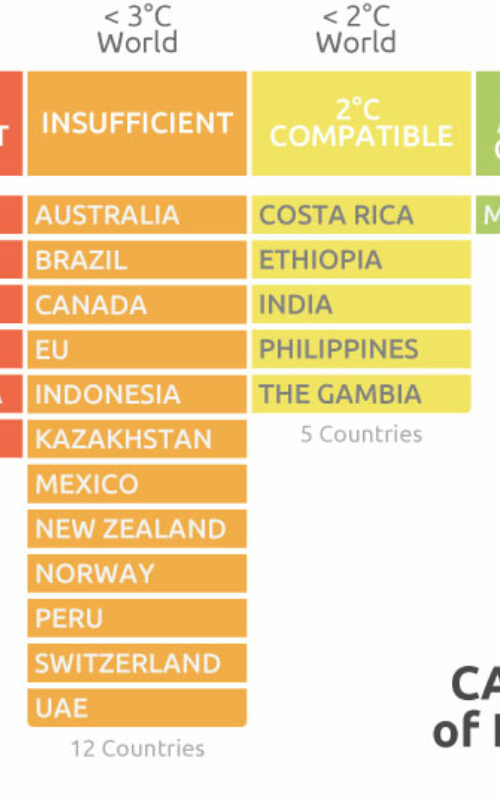Press releases
Media contacts:
press@climateanalytics.org
+49 1525 6124 061
Sign up to our media mailing list to receive our press releases and media alerts.

Deploying current technologies to decarbonise the steel and cement industries is unlikely to be sufficient to meet the Paris Agreement’s 1.5?C limit, according to a new Climate Action Tracker (CAT) study - "Manufacturing a low-carbon society: how can we reduce emissions from cement and steel?" - released today.

The Climate Action Tracker (CAT) has updated its government climate action rating system to better reflect the Paris Agreement’s 1.5°C long term warming limit. The new categories help to highlight the adequacy and fairness of government climate commitments for the Paris Agreement.

Marshall Islands climate ambassador Tony de Brum died aged 72 on Tuesday at his home in Majuro. Here's a statement from Climate Analytics CEO Bill Hare, who had the honour to work with him in the UN climate negotiation process.

Based on scientific output, organised workshops and participation in key international climate conferences, Climate Analytics is ranked 12th out of 244 independent climate think tanks, according to the standardised ranking by the International Center for Climate Governance, released on June 29.

Observational records show that half a degree increase in global temperature in the recent past has resulted in substantial increases in extreme weather events, according to a commentary in Nature Climate Change, published today.
